
The Grounds Guys highlight the benefits of adding compost to your lawn for healthier, greener grass.
|
You may have heard that adding compost to your lawn is a great idea. But why? How does it work, and what are the benefits of composting?
Compost is used for lawn seeding and for enhancing your soil with life-affirming nutrients that promote lawn growth. Adding compost to your lawn, also known as top dressing, is a natural fertilizing method for healthier grass.
Compost can consist of kitchen scraps such as vegetable and fruit peelings, eggshells, coffee grounds, and tea bags. You can also compost used household items such as napkins, paper bags, cardboard boxes, and coffee filters, as well as yard waste such as raked leaves, grass clippings, and dead (but not diseased) plants. Read on for an in-depth look at the benefits of composting.
Table of Contents:
Improves Soil Health
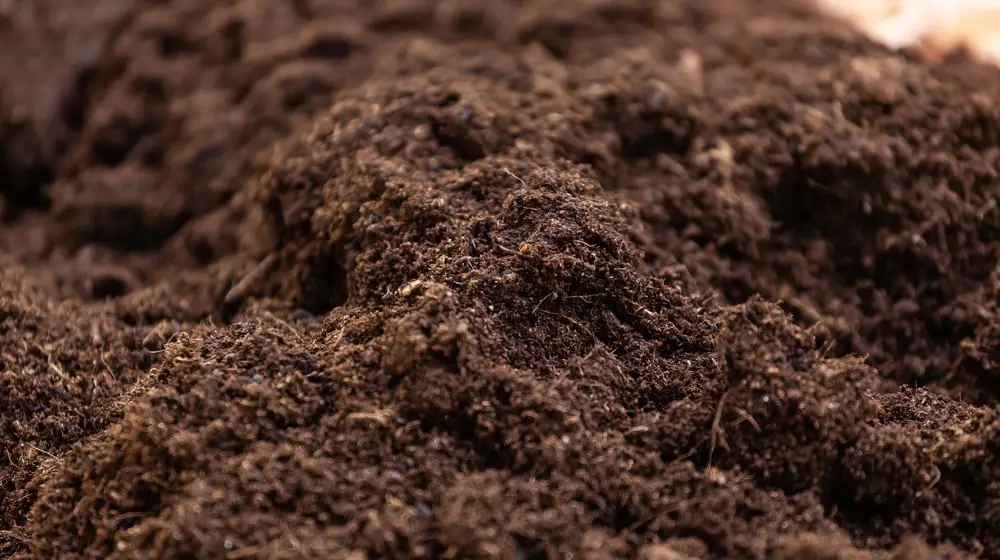
Composting creates healthier soil by balancing soil density and providing nutrients to microorganisms within it. This is how it works: By balancing soil density, plants and lawns can develop healthier roots, which supports steady growth.
Breaks up heavy soil. Clay soil can be so heavy and compacted that plant roots don't stand a chance at penetrating it. Tilling or spading compost into the soil loosens it up. Plant roots can then penetrate the soil more easily, and the soil drains better.
Bulks up loose soil. Adding compost to loose soil allows the soil to clump together. For example, if your soil is so sandy that water flows too quickly away from plant roots, adding compost gives the soil substance, which increases water retention.
Sustains beneficial microorganisms. Underneath the surface of the soil is an environment that, ideally, should be teeming with beneficial microorganisms, such as certain fungi and bacteria. These microbes are the unsung workhorses of garden soil, as they digest organic matter and convert it into usable nutrients for plants. Compost helps feed this microbial community.
Increases Nutrient Availability
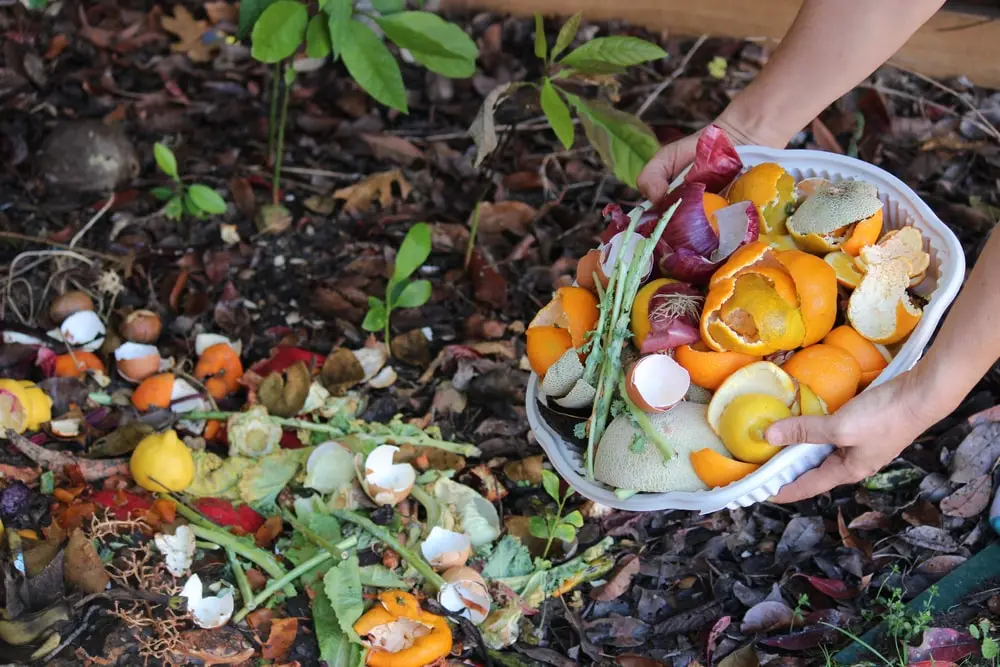
Person adding food scraps to soil for nutrients Adding compost provides much-needed nutrients to your plants and lawn, such as nitrogen, phosphorus, and potassium. Compost will also balance the soil’s pH. Plants tend to grow well when the pH value hovers above 5.5. Most compost will have a pH between 6 and 8, so your plants will have the nutrients they need to thrive. Compost helps not only with nutrient delivery but also with nutrient retention.
Promotes Plant Growth
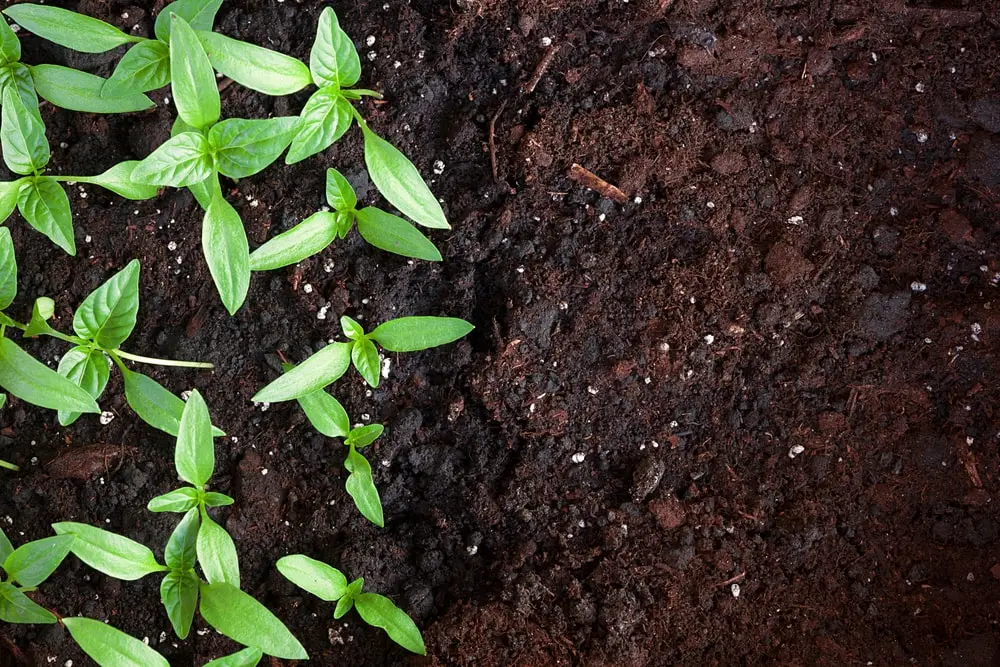
Adding compost to your lawn, flower beds, container gardens, vegetable beds, and other areas in your landscape creates ideal growing conditions. After all, one of the great benefits of composting is that it makes soil healthier. Healthy soil equals healthy plants, lawns, and garden beds.
Adding compost to your soil provides the following benefits to promote plant growth:
- Improves the soil’s health and structure
- Helps soil retain nutrients
- Acts like a sponge to retain moisture to keep your plants from drying out
- Attracts beneficial organisms, including bacteria, protozoa, fungi, earthworms, and nematodes
- Can provide plants with greater resistance to insects and pests
- Helps suppress diseases
- Can keep certain weed types from growing
Reduces the Need for Chemical Fertilizers
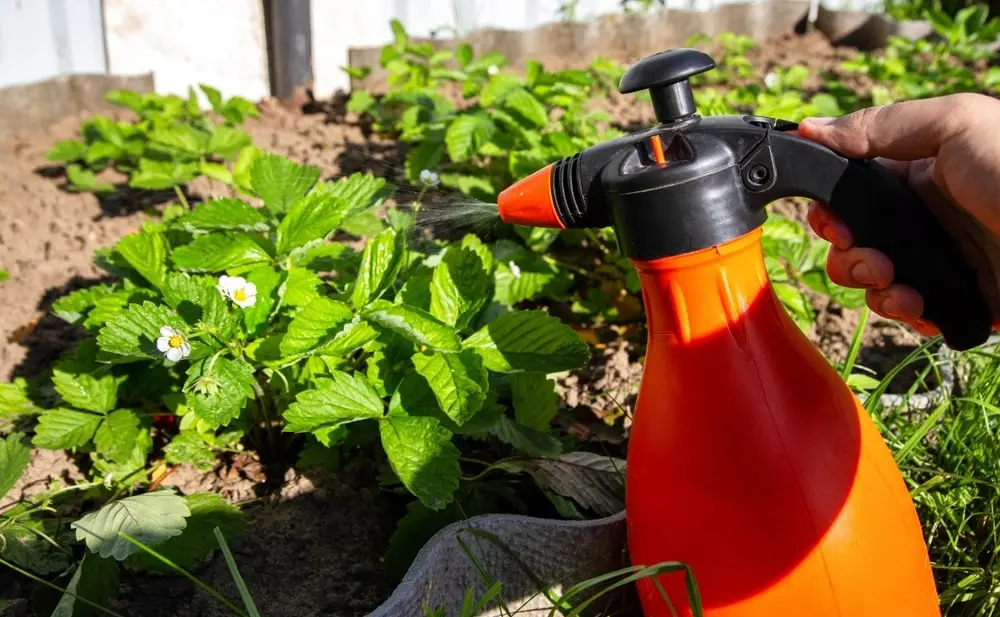
If you’re looking for ways to reduce the need for chemical fertilizers, use compost. Compost is organic, so you can fertilize without hazardous chemicals that can harm you and your family. There are also environmental benefits of composting. For example, when you use organic compost, pollutants often found in herbicides and pesticides will not get into local water sources. Using compost is an excellent way to eliminate the need for chemical fertilizers
Reduces Greenhouse Gas Emissions
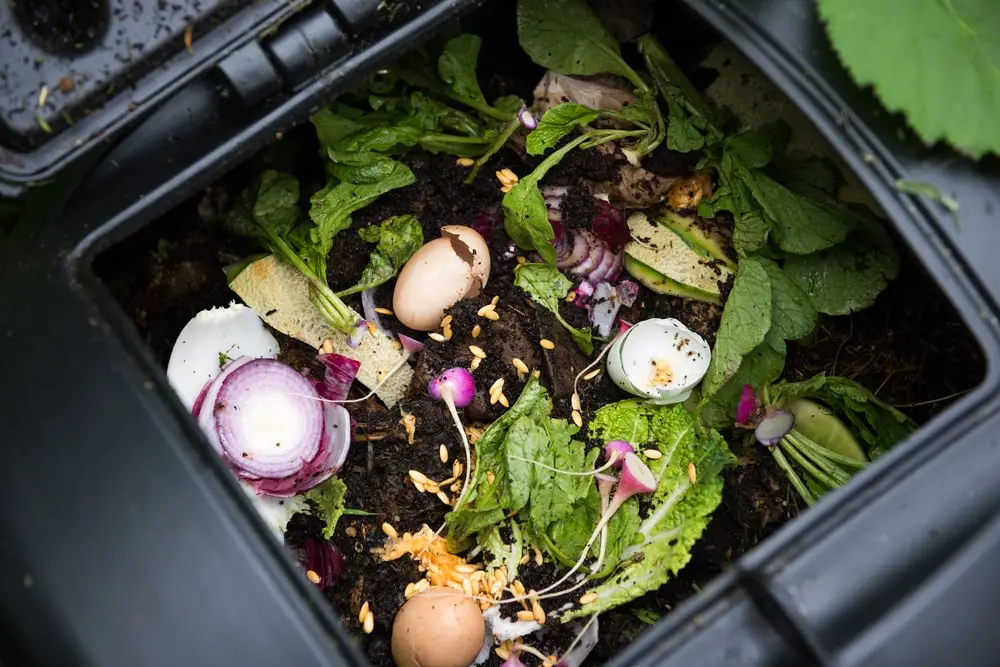
Keeping your grass green during long hot summers is just one of the benefits of composting on lawns. However, it can also be good for the environment. By composting foods and other organic waste, we can do our part in significantly reducing methane emissions. Instead of throwing away food and other organic items, we can use them for compost, so we don't fill landfills with waste that generates greenhouse gasses.
Increases Biodiversity
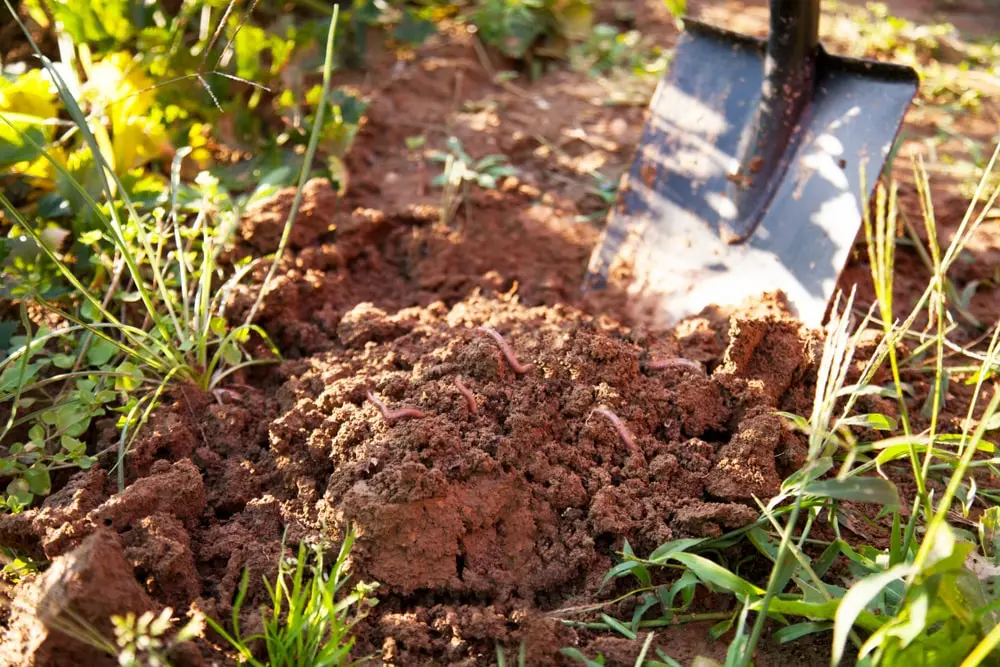
Compost does not include toxic chemicals, so when used in gardens and lawns, it can increase biodiversity, help fight climate change, and protect biological communities.
Start Composting Today
Now that you’re familiar with the benefits of composting, you’re probably eager to get started. Visit our article on The Basics of Building a Compost Pile to learn how to get started.
Be sure to maintain a compost pile that includes "browns" (such as dead leaves) and "greens" (such as vegetable peelings), with a ratio of four parts "brown" ingredients to one part "green ingredients." With these proportions, the components decompose quicker and lack offensive odors. Also note that aeration is essential in composting. Keeping a pile oxygenated speeds decomposition and minimizes odors
There’s quite a bit to composting and using it on your lawn. As you progress you will have questions arise and likely want professional guidance. Find your local The Grounds Guys for all your professional lawn maintenance needs. We can answer all your questions on using compost to benefit your lawn, and our work is covered by the Neighborly Done Right Promise™, which ensures your satisfaction.
Contact us today, and we’ll be happy to provide you with more information on how we can assist and a free estimate!